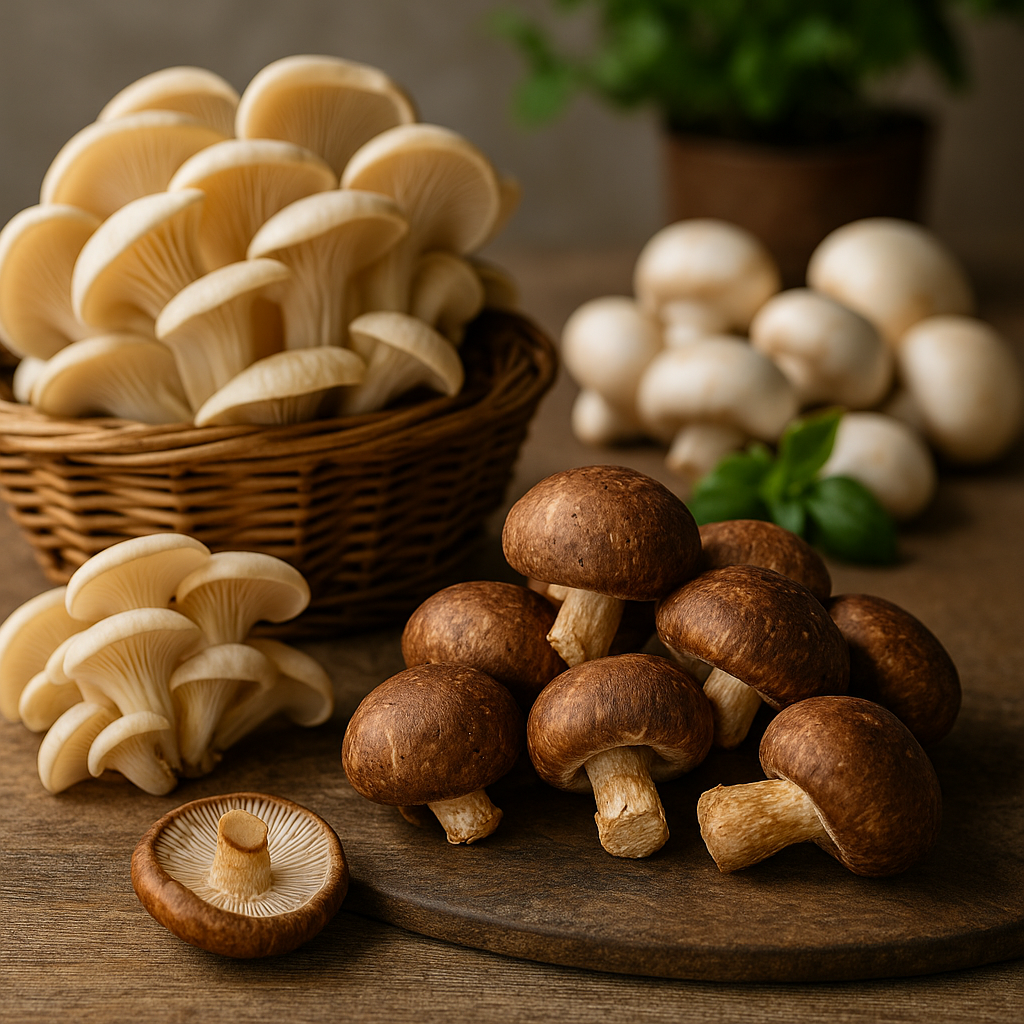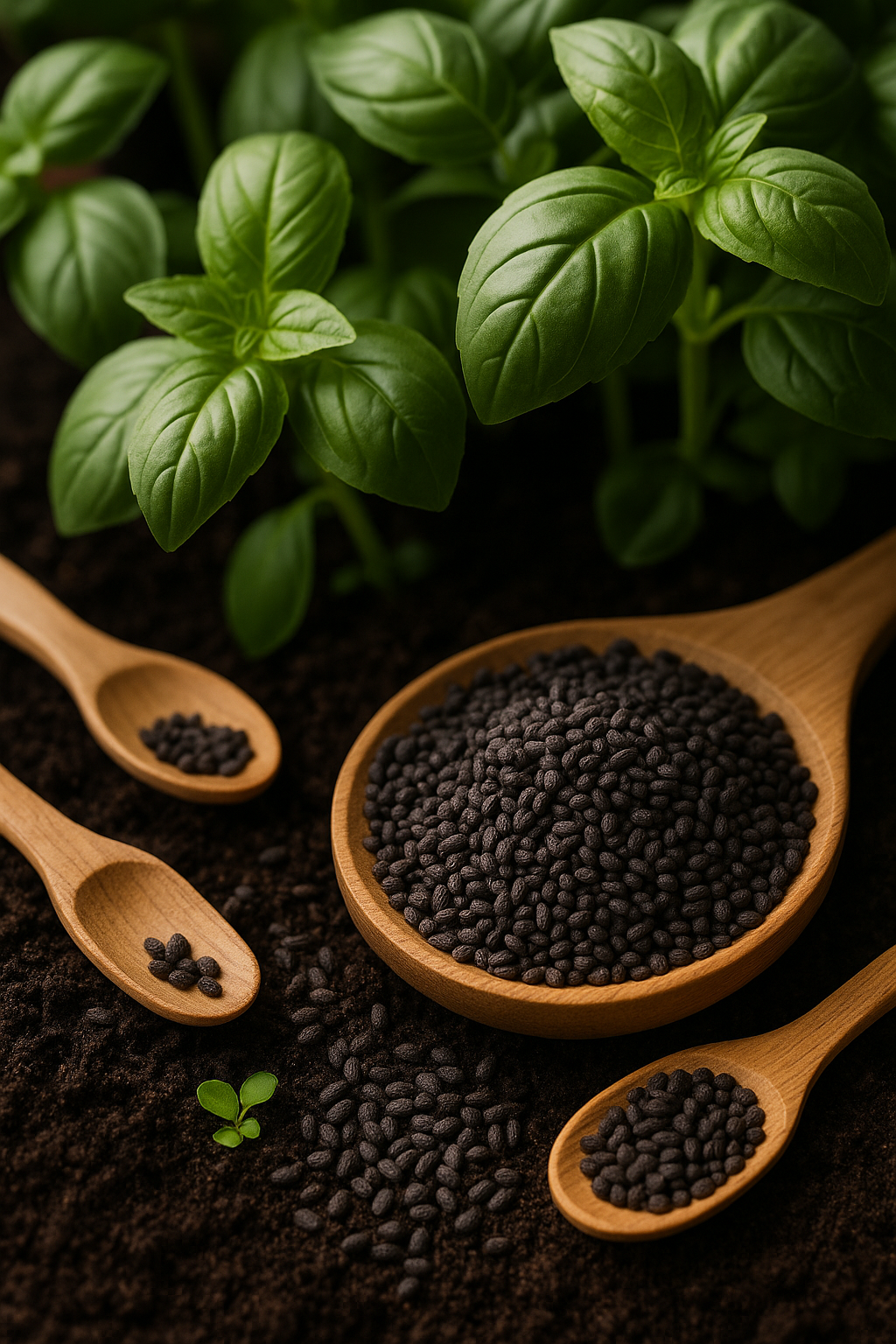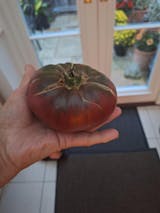🌿 Nature has its own solutions
In permaculture, rather than using artificial treatments, we rely on the intelligence of living things: some plants have the power to repel pests, attract beneficial insects, or divert the attention of pests. What is called plant companionship not only protects your crops but also strengthens the biodiversity of your garden.
1. Against aphids
🌸 Dwarf nasturtium
Effect: acts as a trap plant by attracting aphids away from leafy vegetables and solanaceae.
To pair with : tomatoes, zucchinis, beans, cabbages.
🌼 Marigold
Effect: its strong smell acts as a natural repellent against aphids, whiteflies, and even soil nematodes.
To pair with : tomatoes, eggplants, lettuces.
🌿 Pennyroyal mint
Effect: its strong scent disturbs sucking insects like aphids.
Tip: grow it in a pot, as it can become invasive.
2. Against slugs and snails
🌿 Curled chervil
Effect: its sweet but persistent smell disturbs slugs.
To associate with: lettuces, strawberries, cabbages.
🌸 Common borage
Effect: its rough leaves discourage slugs.
Other benefits: edible flower, melliferous, excellent ground cover plant.
3. Against garden flies (carrot, onion, cabbage…)
🥕 Carrot + Leek
Cross effect: carrot and leek flies are disturbed by each other's smell.
🌼 Tansy
Effect: acts against carrot fly, soil worms, and aphids.
To sow on the edge of the vegetable garden or at the back of the flower bed.
4. To attract beneficial insects
🌼 Calendula officinalis
Effect: attracts hoverflies, ladybugs, and bees. Promotes balanced biological control.
🌿 Dill
Effect: its umbels feed many useful insects such as micro-wasps and hoverflies.
🌿 Fennel
Effect: melliferous plant par excellence. Attracts pollinators, parasitic wasps, and other garden allies.
5. Simple combinations to test
-
Tomato + Basil + Marigold → aromatic and floral barrier against pests.
-
Zucchini + Nasturtium → aphids will prefer the nasturtium and leave the tender leaves alone.
-
Lettuce + Chervil → natural deterrent against slugs and nocturnal pests.
💡 Tip: sow companion plants at the same time or slightly before your main crops so they are already established when pests appear.
Conclusion
Companion plants are true natural sentinels for your vegetable garden. By sowing them in the right places, you establish a sustainable balance, without insecticides, without chemicals, but with a lot of common sense. Result? Fewer pests, more flowers, more pollinators, and healthier harvests.





Leave a comment
This site is protected by hCaptcha and the hCaptcha Privacy Policy and Terms of Service apply.